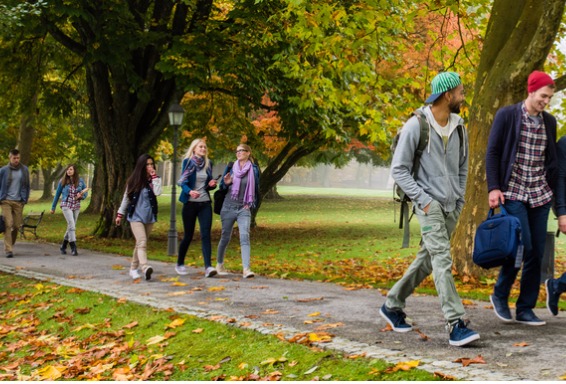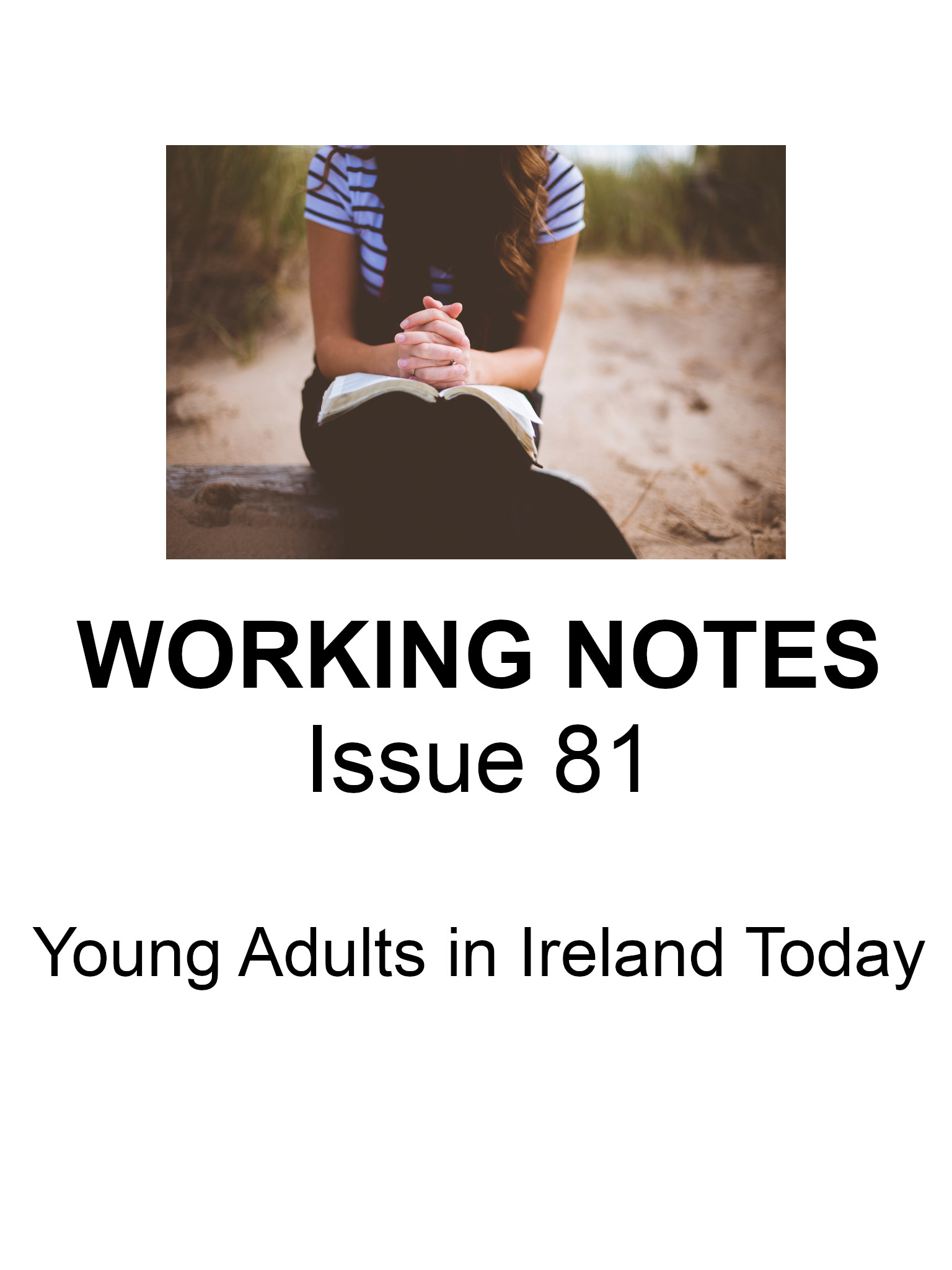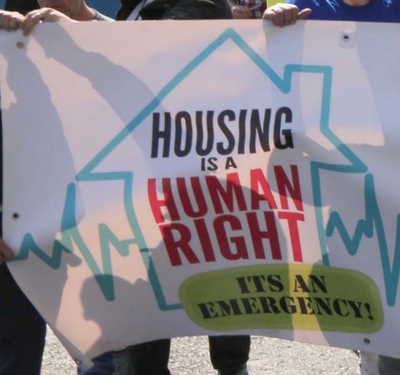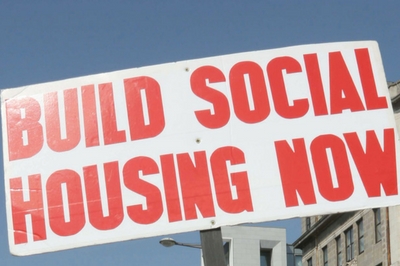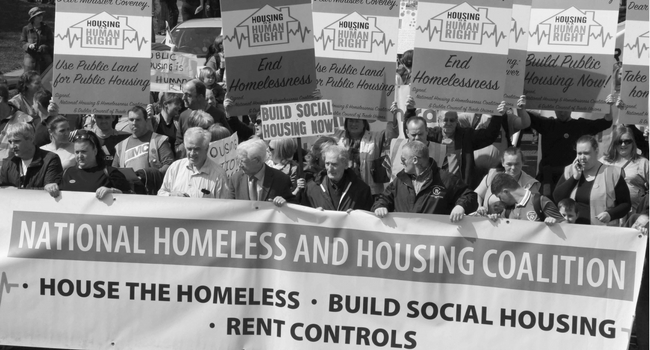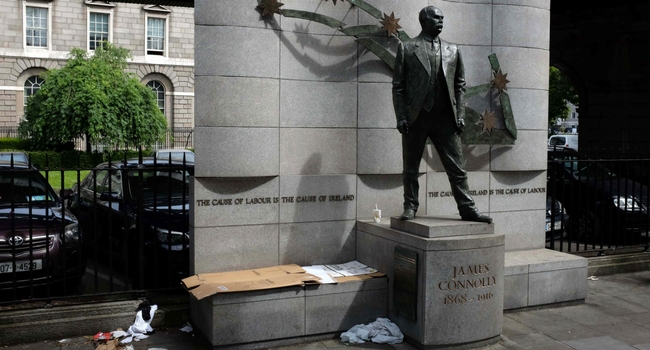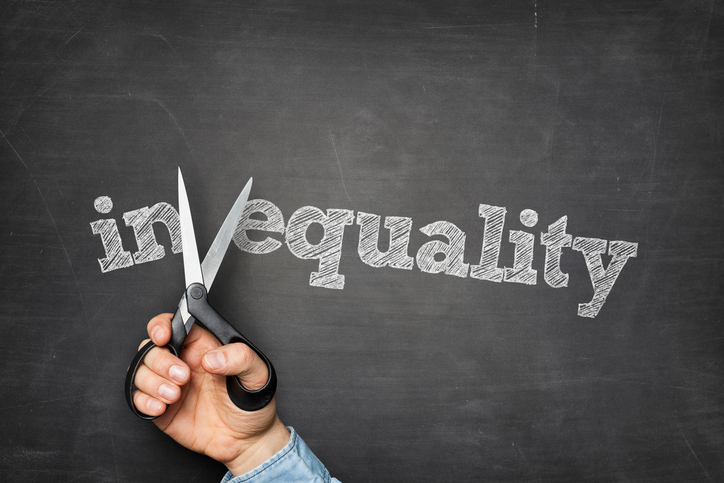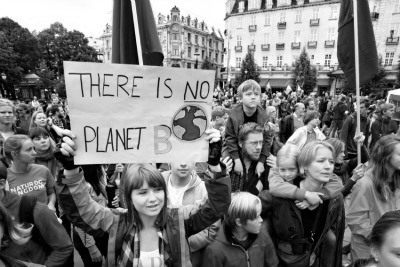
Young Adults in a Climate Changing World
Catherine Devitt Introduction It’s going to impact the rest of my life; the kinds of decisions I can make, the kind of world can live in. It’s going to augment other social problems which we already have. Our lives are not going to look like our parents’ lives, because of climate change.1 The young adults… Read more »



